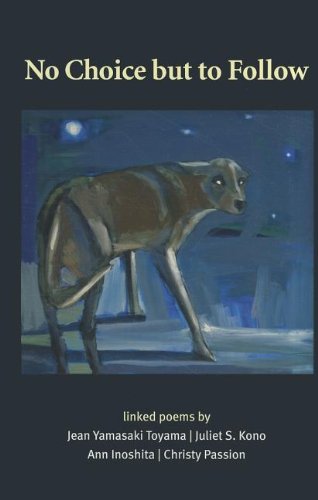Subtotal: $13.40
I said nothing
the night they came, the first night gone
put away the stew warming on the stove,
closed the lights, closed my eyes
to his lean arms- his father's arms
folded over into cuffs, folded down
into the police car, eyes straight ahead
a man, my son, a man.
The fourth night, the fifth night I said nothing
kept it in my mouth, kept it in
my skull, the tentacled fear reaching down
choking out the air. There is so little air
for mothers without sons without money.
Hammers to a shell, hammers to my spine
the newspapers, haole women who float above-
what are they; roots to a lie, what are they; ladders to hell.
I sweep the porch slow
as the week passes, as the radio jabbers
as the walls get closer there is still enough room
in the day to boil potatoes, hang clothes on the line, room in the day
to visit my son to ask him
what all mothers ask, what all helpless mothers
ask "Do you have enough to eat?" The truth:
each night is a stone, each day bitter water.
At the bus stop, I light a cigarette with nothing left to do
but wait.


 No Choice but to Follow
No Choice but to Follow